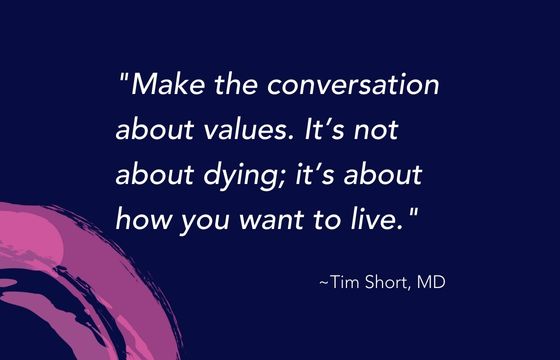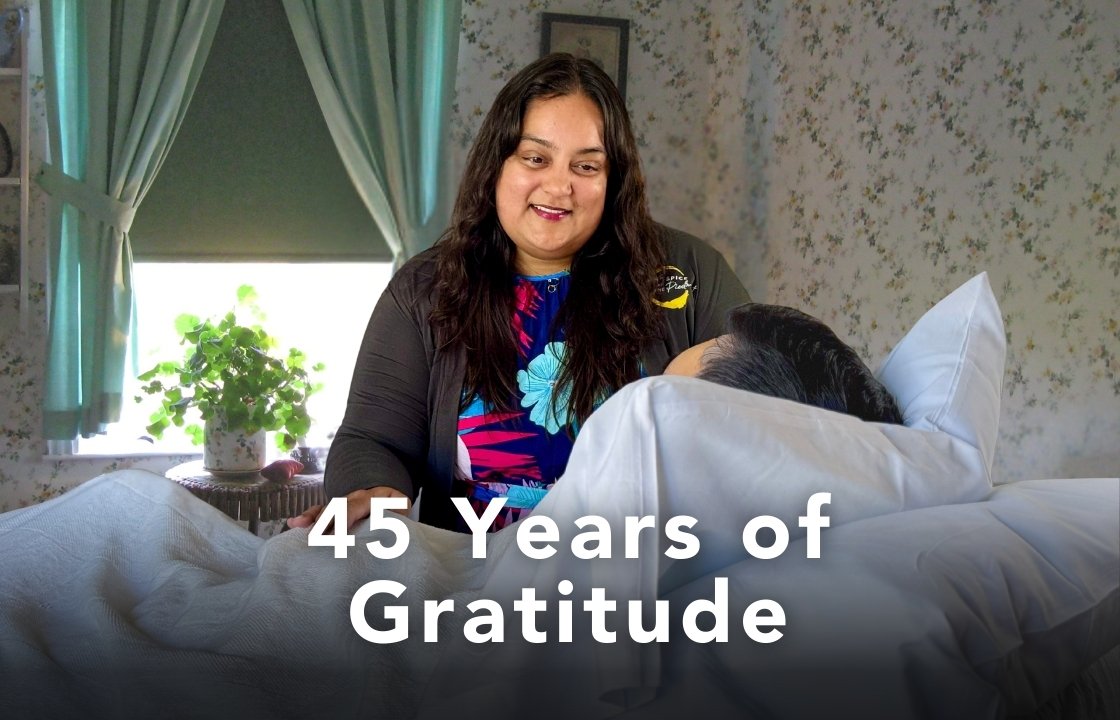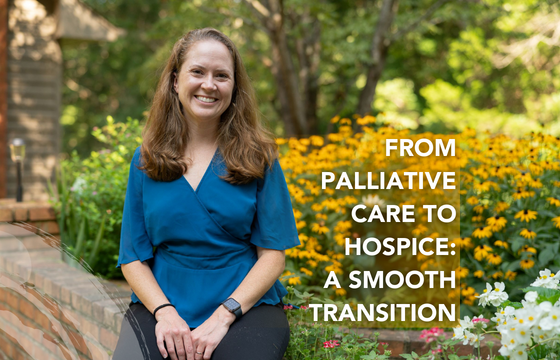At Hospice of the Piedmont, we are incredibly invested in preserving our patients’ quality of life. This includes providing comfort to patients at the end of their life through a variety of tools and techniques, including medication. Morphine is one of the tools we use to provide comfort and reduce pain as part of our holistic, interdisciplinary approach to patient care.
Read on to learn more about how and why we use morphine in hospice care.
Our Goal for Patient Care
Pain management is a key element of hospice care and it is one we take seriously at Hospice of the Piedmont. Our goal is to ensure that patients are comfortable and safe, as well as present and aware for the final chapter of their life. We know that when used correctly, morphine can provide relief from the specific, severe pain that some patients face.
If morphine is used as part of a patient’s care regimen, it is carefully monitored and administered by our professional team. There are often many misconceptions surrounding morphine. Our team is happy to work with our patients’ families and loved ones to address any concerns, including:
- Addiction and tolerance. While patients who are taking morphine for more than a few weeks will develop tolerance to the drug, it does not result in “addiction.” When properly monitored and managed in the hospice setting, risks of addiction can be avoided.
- Physical reactions. Like any medication, morphine has some common side effects including constipation, nausea, and lethargy. These symptoms are known and managed by our team as part of our overall approach to patient care.
- Reduced effect over time. A common myth associated with morphine is that it becomes ineffective after prolonged use. Although some patients develop a tolerance, the dosage can be adjusted.
Here to Help with All Challenges Our Patients Face
Hospice patients face many physical, social, emotional, and spiritual symptoms towards the end of life. That’s why we are here to help our patients and their loved ones navigate these difficult times.
- Licensed social workers on staff to help address feelings of depression, anxiety, and sadness.
- Spiritual counselors help patients cope with spiritual symptoms, including a fear of what comes next.
- Additional staff members to help families walk through the hospice process and assist with the changing family dynamic.
In some situations, a patient will see some improvement in their condition as a result of our holistic, interdisciplinary approach.
At Hospice of the Piedmont, we’re here to support our patients and their families with all aspects of care, including pain management. Visit our website or contact us to learn more about our areas of care. 434-817-6900 / 1-800-975-5501



